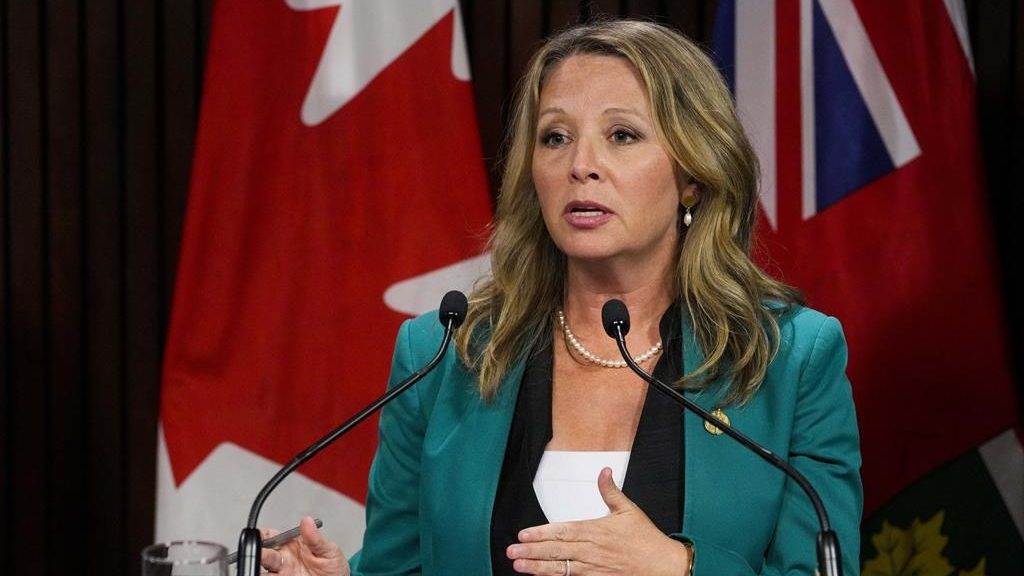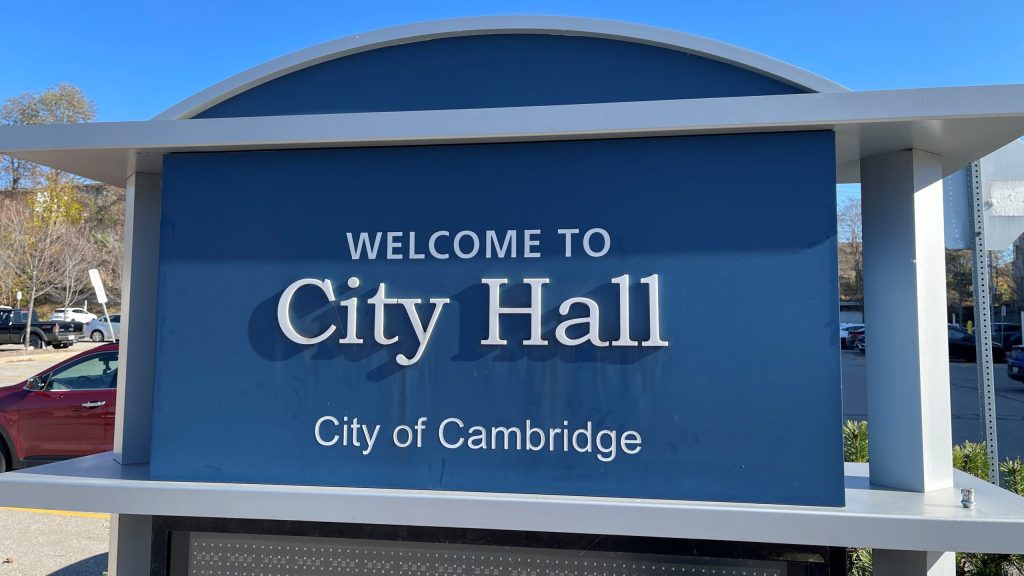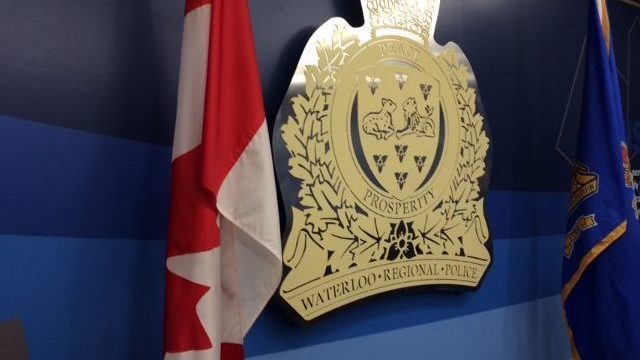Destination travelling may look different post-pandemic
Posted Jun 17, 2021 05:15:00 PM.
The federal government is currently considering when it might want to reopen the Canada-U.S. border after having restrictions in place since the beginning of the pandemic.
The restrictions are set to expire on Monday.
But, what will travel look like post-pandemic and what can we as travelers expect to see once those restrictions do ease?
Marion Joppe is a professor of the School of Hospitality, Food, and Tourism Management at the University of Guelph. She said that just because traveling restrictions may be lifted in Canada, does not mean that this is the same from other popular tourist destinations across the world.
“Even if in Canada we reach the vaccination rates that would suggest that we are safer, many other countries are nowhere near that vaccination rate and so post-pandemic globally, it's way too early,” she said, “it'll be easily another year or two years before we can truly speak about post-pandemic.”
Joppe said that traveling outside of Canada would still pose some risks instead of traveling domestically.
“Canadians traveling within Canada would be relatively safe as we reach these higher levels of vaccination,” she said, “but going into places where people are not vaccinated, there are cases of vaccinated people becoming sick, perhaps not quite as severely as they would without the vaccine.”
That still doesn't change that people have been raring to travel as restrictions begin to ease across the province.
“It also means that is more rural, more remote and cottage areas that are going to see a tremendous influx of visitation. Parks may be overrun, National parks, campgrounds, anything like that. It is a real concern because we've actually done very little to prepare these places for the influx and manage the quantity of people that will come. Even if they can't stay overnight, they will come for the day so it's actually a pretty serious problem that is awaiting us as restrictions are lifted.”
With domestic and provincial travel more likely to happen this summer than international travel, Joppe does worry about overcrowding.
“If it's campgrounds, cottages or trailer parks, they obviously have a capacity and you need to reserve and if you can't get a reservation then you are out of luck. Timed reservations telling people to come a certain day and a certain time then somebody else gets to come in when your time is up but that's very difficult to do and a lot of logistical problems. That's really what we needed to do in order to control the number of visitors and the sheer traffic that would be lining up in some of these places and scrambling for parking spots and crowding into [these places].”
She adds that she would encourage people to be incredibly respectful of the local populations because a lot of these places don't have the amenities to deal with a crowd of people or who come all at the same time.
“That includes the fact that some places have had trouble getting staff back. They will be under-staffed and that requires a lot of patience on the part of guests. Remember that people in the service industry are doing the best that they can in very difficult circumstances and you are privileged to be able to be in their home space. See if you can during the week other than the weekend when there is less traffic and to help spread it out so it's not all concentrated in the most popular time periods.”
Joppe mentions that some more measurements may be introduced to prepare other countries to allow travel to those destinations.
“Certainly vaccination is going to be important for other countries as well, as is a requirement of some sort of documentation whether that is a demonstration that you are fully vaccinated or a negative COVID test prior and upon arrival, those are going to be critical measures,” she said, “as long as countries have quarantine requirements either 10 or 14 days, it's going to discourage people from going to those countries because when we go for vacation, we rarely go for longer than two weeks and if you spend them in quarantine, then what's the point?”
Joppe said that for countries that heavily depend on the tourism industry, it has affected their economy and they are still trying to figure out what to do to get the economy back.
Human-oriented tourism may be what we will mostly see post-pandemic rather than location tourism. That means an increased amount of connecting with location populations and people rather than plunking down on a beach in a destination location.
“What we have been lacking during the pandemic is the human and social interaction,” she said, “that is what we are craving and we have seen over the last few years and especially during the pandemic to connect with the local populations. That brings challenges as well because we are really not setup to handle crowds and may not be welcoming of crowds because even with vaccinations they could be hesitant. A lot of them are quite cautious and quite anxious of people coming into their areas and space.”
The economic impact that the pandemic has had on tourist destinations has been well-documented and Joppe believes that domestic tourism is how some countries are keeping their short-time tourism industry alive.
“Many countries are turning to domestic tourism as the panacea in the short-term,” she said, “the problem with domestic tourism everywhere including Canada is that people don't spend as much as international visitors and it's a fairly straightforward connection between distance travel between a place and the amount spent. Canadians spend the least, Americans spend more, and Europeans spend even more,” she said, “domestic tourism gets you the volume but it doesn't get you the spending. Even in a country like Canada where we aren't dependent on tourism, it still is an incredibly important contributor to our economy and it contributes directly 2 per cent of our gross national product.”
She adds that tourism is hundreds of thousands of small businesses with a few large ones and that's what brings in tourists and that's what gets money to spread in every corner of the country.










